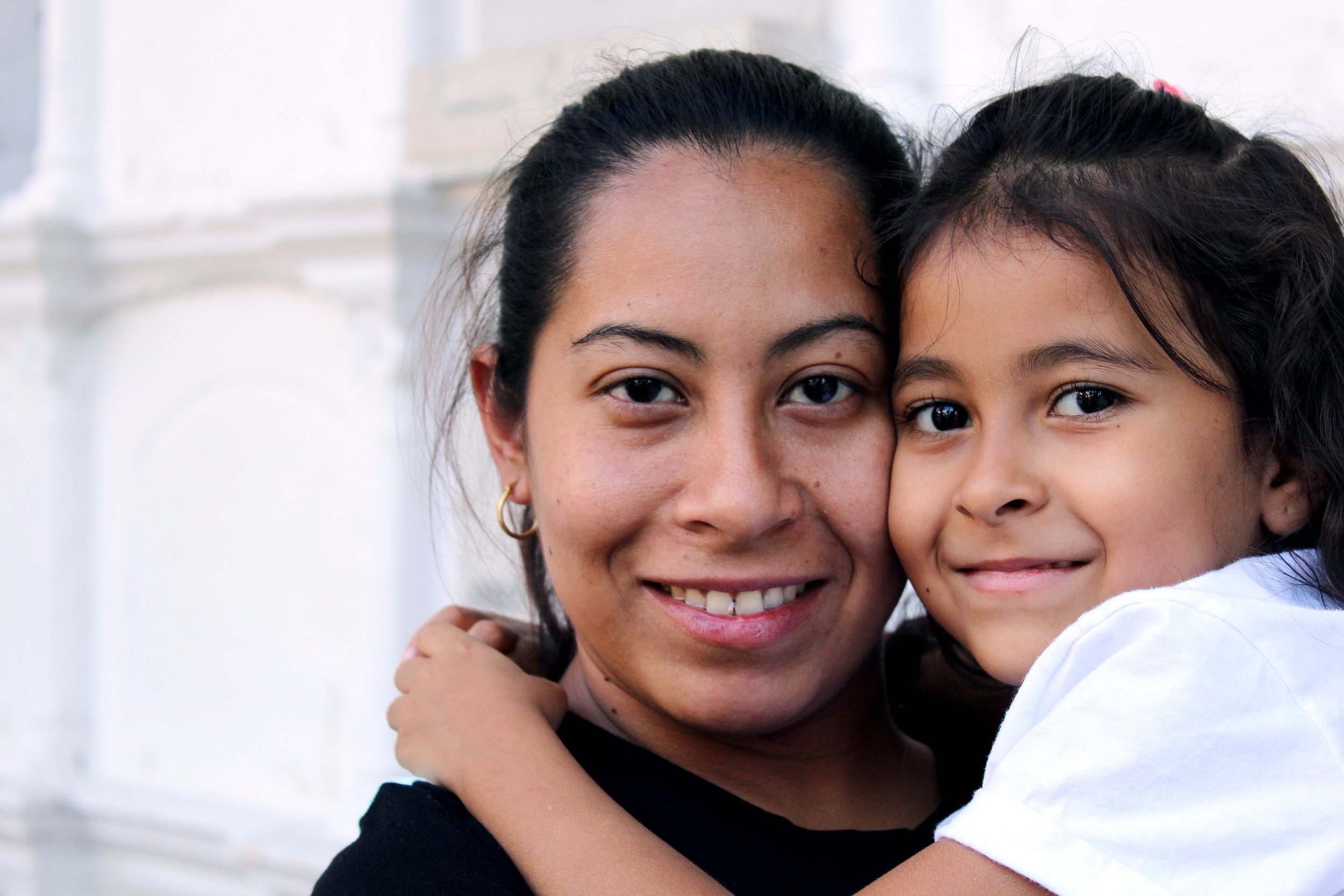Waco - United Way
Meeting the needs of children and families
WACO, TX: United Way revolutionized Waco-McLennan County’s approach to children’s health and well-being by working with 1000 Feathers to develop new strategies for engaging with all voices in the community. From prenatal care and infant mortality, to parent education and English proficiency, to employment and childcare, the needs assessment examined every indicator affecting the child, the family, and the community. The project led to the Child Well-Being Movement, which garnered international attention and recognition from United Way Worldwide.
“Are the children well?” That’s the question United Way of Waco-McLennan County sought to answer when it engaged 1000 Feathers to lead the development of a community-engagement and needs-assessment strategy. Yet the result was so much more than answering the question and producing a report—the year-long project guided the organization to a new way of thinking about connecting with stakeholders, and it transformed the community’s approach to child well-being.
During the course of the project, however, the Covid-19 pandemic forced the team to pivot. United Way and 1000 Feathers remained committed to making an impact, leading to new approaches for virtual connectivity even among those with limited access to online technologies.
The process enabled the community to drive the direction of a long-overdue revamp of the 2009 Childhood Quality of Life Index commissioned by Waco Foundation. Ultimately, United Way created the McLennan County Child Well-Being Movement, a grassroots approach to addressing barriers to children’s health.
The movement, coupled with the Are The Children Well report, was so impactful that it became an in-depth case study for United Way Worldwide. According to the study, “there has been positive, measurable progress made already. … More community members have been involved in this community process than ever before with input from nearly 600 residents to date. In the future, United Way looks forward to being able to monitor progress across community indicators captured in the report.”

